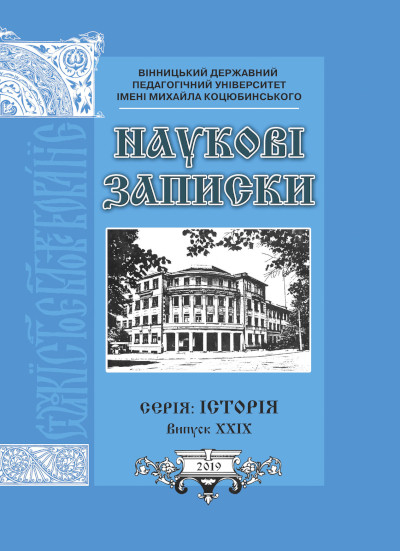Abstract
The article examines the nature of the accumulation of the collective memory of the Holocaust as a universal and unprecedented phenomenon in the Soviet Union of 1940s-60s. Collective memory has a particular influence on the perception of contemporary events as it presents the criteria for everyday life that regulate what must be retained and what - omitted. The implications of a widely accepted collective memory are immense and go as far as affecting the self-identification of the subject.
The Holocaust in the post-Soviet space was not readily recognized; preservation of its image had many specifics that where reflected in the memoirs and scholarly works. Ensuing the war, the Communist Party of the Soviet Union (CPSU) banned research of the Babi Yar and the Holocaust in general. With the declassification of a part of the Soviet archives and the opportunity to work abroad, scientists were able to engage in an effort of commemorating the victims of the Holocaust, which was led by Soviet Jews. The struggles for the right of remembrance foreseeably encountered the resistance of Soviet power, and frequently ended in repressions.
The peculiarities of honoring and perpetuating the memory of Babi Yar in the post-war period and the subsequent escalation of discrimination and antisemitism at both domestic and state levels are subjected to analysis in this paper. The postwar period was rather distinctive. Having returned to their terra firma after the war, the Jews considered it their rightful duty to perpetuate the memory of their lost - henceforth the publication of memoirs, installation of monuments to the victims, mourning rallies, e.t.c. Plenty tried to express the pain and despair caused by this tragedy. The work of the Jewish Anti-Fascist Committee, managed by Solomon Michoels, who defended the rights of the Jewish population after the end of the Second World War, was highlighted. Accentuated attention is paid to works of V. Nekrasov and L. Volinsky (Rabinovich) on perpetuating the memory of those who perished in Babi Yar.




